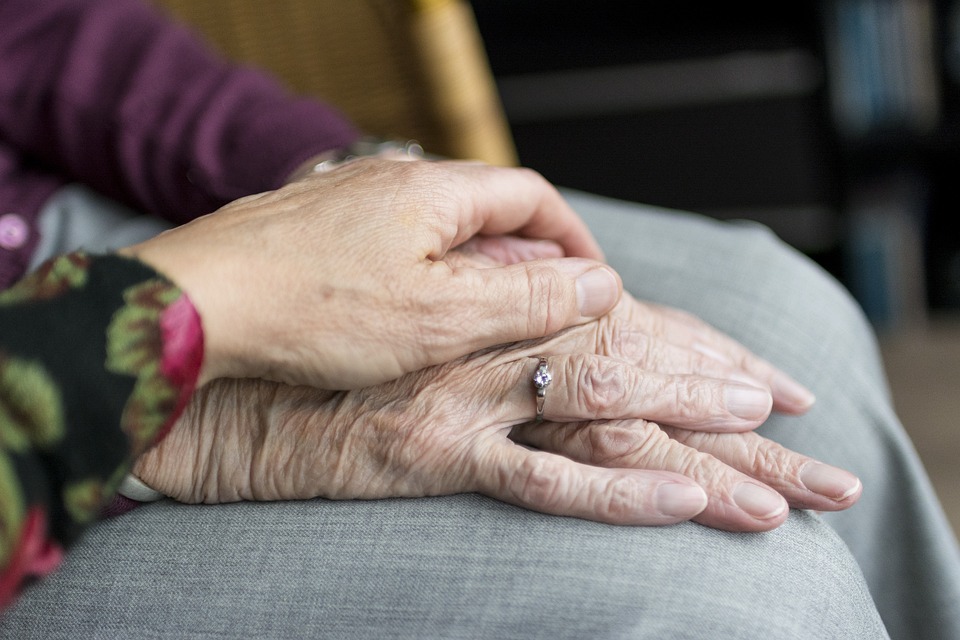The Australian Government’s decision to pay super on its parental leave scheme is “a major stride forward on gender equity” that will boost a mother of two’s retirement savings by about $14,500.
Paying super on the government parental leave scheme will benefit about 180,000 Australian mothers each year and narrow the gender super gap, which new analysis shows is now $65,000 for those nearing retirement (see table 1).
Super Members Council CEO Misha Schubert said the Australian Government’s announcement signals a clear intent to further improve the quality of life for all women at retirement.
“The Super Members Council (SMC) congratulates the Government for this historic decision to pay super on Commonwealth Parental Leave Pay,” Ms Schubert said.
“This watershed reform will make a powerful difference to the lives and retirement incomes of generations of Australian women in the decades ahead – and narrow the gender gap at retirement.”
“It will powerfully propel Australia closer towards the goal of ending the financial ‘motherhood penalty’ in the early years of having children – which has a compounding effect across women’s working lives.”
“It’s the next big step on the road to retirement gender equity – and Australia must continue to take bold actions like this to ensure all women can have a financially secure retirement.”
Despite Australian women living on average longer than men and retiring sooner, they have about a third less super than men as they approach retirement.
New Super Members Council analysis shows the gender super gap has narrowed for all age groups – but women in their 30s have gone backwards – mostly due to not being paid super on parental leave.
Paying super on parental leave is a highly effective gender equity measure and could reduce the gender gap at retirement by around a quarter. SMC estimates about 94% of the benefits accrue to women, and about 180,000 women received Commonwealth Parental Leave Pay in 2022-23.
Parental leave is one of the only types of paid leave that does not attract super – now that the Australian Government will pay super on its scheme, it sets an example for more employers to follow.
SMC also advocates a boost to the Low-Income Super Tax Offset – a super tax refund that mostly benefits lower income women but has not increased in line with the tax brackets.
The Super Members Council will continue to advocate to address structural drivers of the gender super gap like lower workforce participation rates, the prohibitive cost of childcare, lower pay for feminised industries and the value placed on unpaid caring.
“We pay tribute to all of the skilled advocates and organisations who campaigned for this crucial reform over the past decade.”








